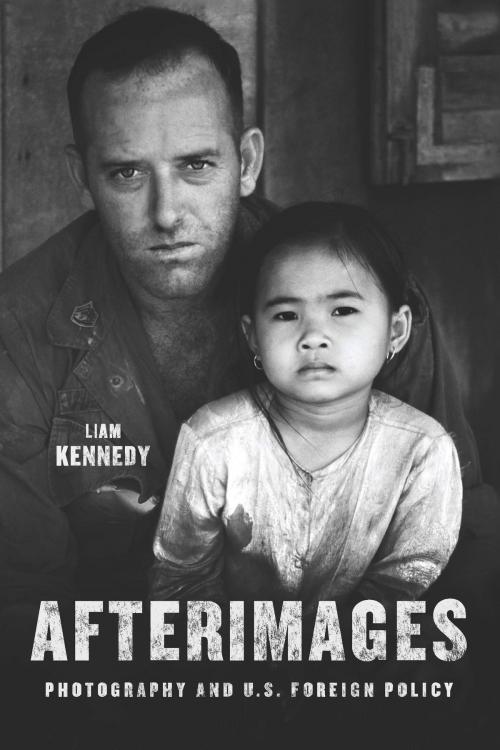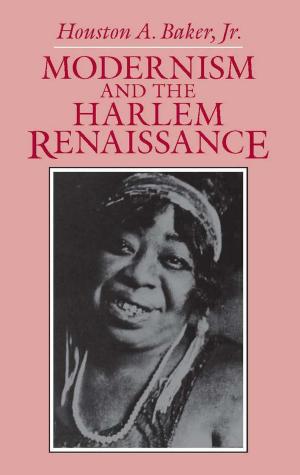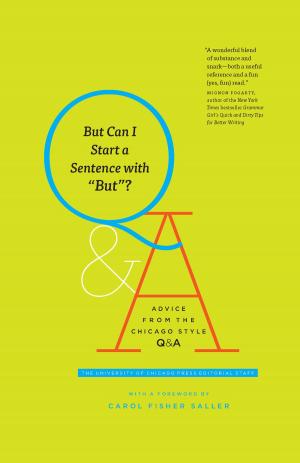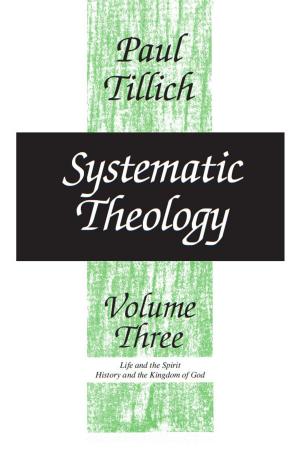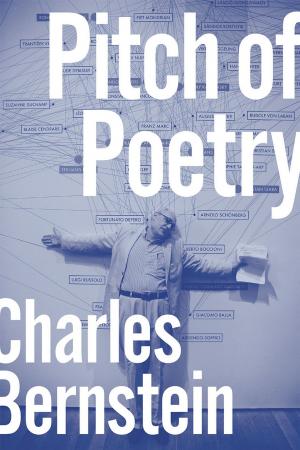Afterimages
Photography and U.S. Foreign Policy
Nonfiction, Art & Architecture, Photography, Pictorials, Photojournalism, History, Americas, United States, 20th Century| Author: | Liam Kennedy | ISBN: | 9780226337432 |
| Publisher: | University of Chicago Press | Publication: | March 1, 2016 |
| Imprint: | University of Chicago Press | Language: | English |
| Author: | Liam Kennedy |
| ISBN: | 9780226337432 |
| Publisher: | University of Chicago Press |
| Publication: | March 1, 2016 |
| Imprint: | University of Chicago Press |
| Language: | English |
In 2005, photographer Chris Hondros captured a striking image of a young Iraqi girl in the aftermath of the killing of her parents by American soldiers. The shot stunned the world and has since become iconic—comparable to the infamous photo by Nick Ut of a Vietnamese girl running from a napalm attack. Both images serve as microcosms for their respective conflicts. Afterimages looks at the work of war photographers like Hondros and Ut to understand how photojournalism interacts with the American worldview.
Liam Kennedy here maps the evolving relations between the American way of war and photographic coverage of it. Organized in its first section around key US military actions over the last fifty years, the book then moves on to examine how photographers engaged with these conflicts on wider ethical and political grounds, and finally on to the genre of photojournalism itself. Illustrated throughout with examples of the photographs being considered, Afterimages argues that photographs are important means for critical reflection on war, violence, and human rights. It goes on to analyze the high ethical, sociopolitical, and legalistic value we place on the still image’s ability to bear witness and stimulate action.
In 2005, photographer Chris Hondros captured a striking image of a young Iraqi girl in the aftermath of the killing of her parents by American soldiers. The shot stunned the world and has since become iconic—comparable to the infamous photo by Nick Ut of a Vietnamese girl running from a napalm attack. Both images serve as microcosms for their respective conflicts. Afterimages looks at the work of war photographers like Hondros and Ut to understand how photojournalism interacts with the American worldview.
Liam Kennedy here maps the evolving relations between the American way of war and photographic coverage of it. Organized in its first section around key US military actions over the last fifty years, the book then moves on to examine how photographers engaged with these conflicts on wider ethical and political grounds, and finally on to the genre of photojournalism itself. Illustrated throughout with examples of the photographs being considered, Afterimages argues that photographs are important means for critical reflection on war, violence, and human rights. It goes on to analyze the high ethical, sociopolitical, and legalistic value we place on the still image’s ability to bear witness and stimulate action.
